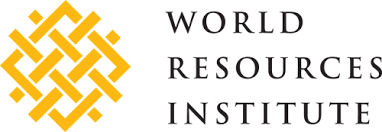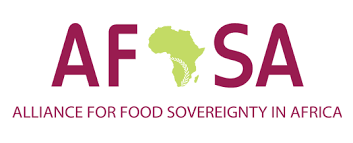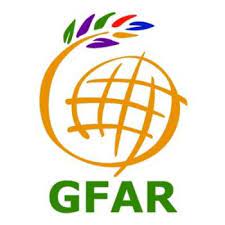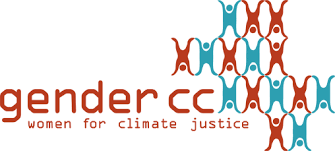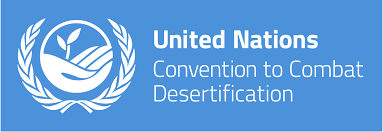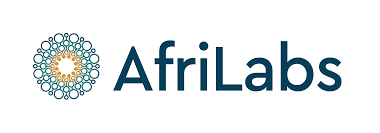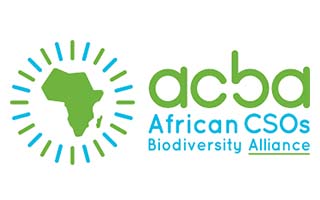"Africa and the Climate: an Opportunity to Adapt and thrive "
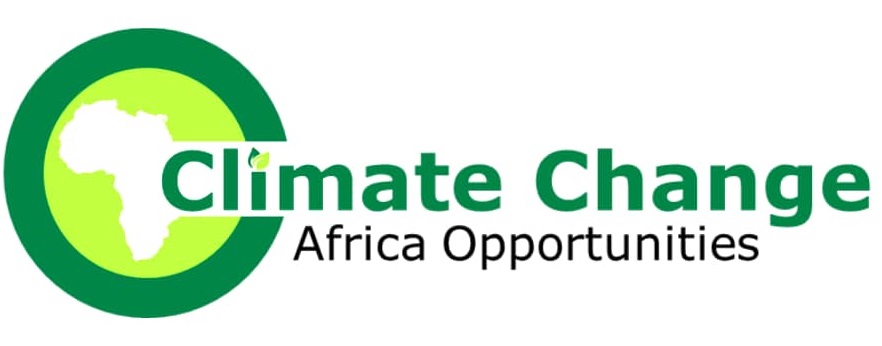
|
|
SeatDemocratic Republic of Congo |

|
climatechangeafricaopp@gmail.com |
"Africa and the Climate: an Opportunity to Adapt and thrive "

|
|
SeatDemocratic Republic of Congo |

|
climatechangeafricaopp@gmail.com |
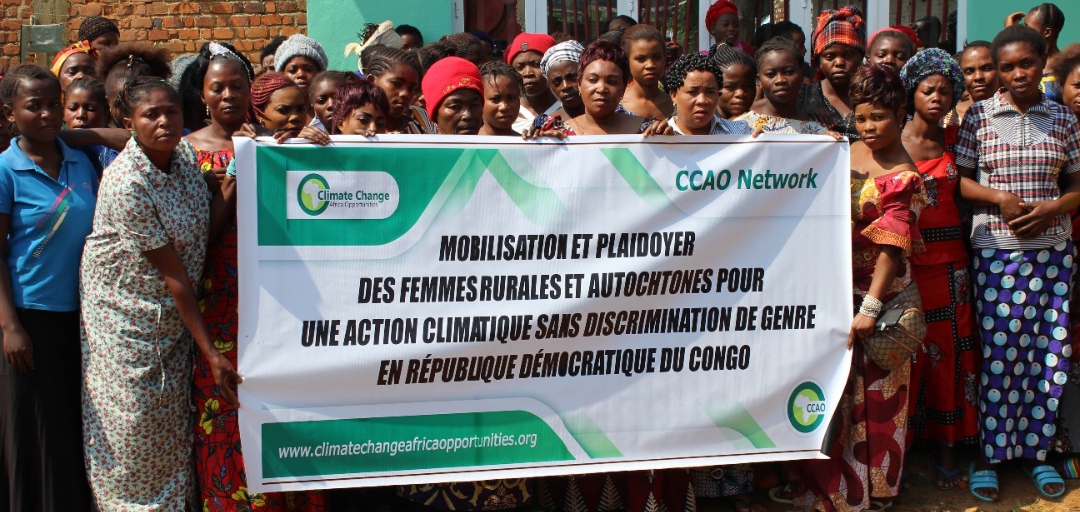
Context of the project
In South Kivu, in the east of the Democratic Republic of Congo, climate change affects more severely the people least responsible for greenhouse gas emissions and those who have the most limited capacities to adapt to them. occurrence rural and indigenous women. Rural and indigenous women, because of the specific social roles assigned to them by our societies and the discrimination they face, are doubly impacted by climate change. Indeed, being a woman worsens vulnerability to climatic shocks, changes in the environment and the economy, particularly in rural areas, where the livelihoods of rural and indigenous women and their families depend largely on resources. natural (water, forest products, agriculture), highly dependent on climatic hazards. In addition, the resources and options available to rural and indigenous women to adapt to climate change are severely limited by the inequalities that affect them.
It is in this context that the NGO Climate Change Africa Opportunities (CCAO) initiated this project to mobilize rural and indigenous women and girls and advocacy sessions with the competent authorities for the integration of gender and empowerment of rural and indigenous women, in all policies and programs of adaptation, mitigation, access and technology transfer in the face of climate change in South Kivu in the Democratic Republic of Congo.
Overall objective of the project
Contribute to the promotion and support of sectoral policies promoting gender and the empowerment of rural and indigenous women in programs, projects and actions of adaptation, mitigation, access and technology transfer in order to strengthen resilience of rural and indigenous women to climate change in South Kivu, Democratic Republic of Congo.
Specific objectives of the project
1) Facilitate behavior change and improve the understanding of rural and indigenous women and girls as well as local communities on gender inequalities in the face of climate change, in South Kivu, in the Democratic Republic of Congo;
2) Support the integration of gender and the empowerment of rural and indigenous women and girls in policies and programs for adaptation, mitigation, access and technology transfer in the face of climate change in South Kivu, Republic of Democratic of the Congo.
Project activities
1) Organize community mobilization and sensitization sessions for rural and indigenous women on gender mainstreaming and the empowerment of rural and indigenous women and girls in policies and programs of adaptation, mitigation, access and technology transfers in the face of climate change in Bukavu, Kabare, Walungu, Kalehe, Idjwi and Mwenga in South Kivu, in the Democratic Republic of Congo;
2) Organize radio broadcasts to raise awareness of local communities for behavior change and gender mainstreaming and the empowerment of rural and indigenous women and girls in policies and programs of adaptation, mitigation, d 'access and technology transfer in the face of climate change in South Kivu, Democratic Republic of Congo;
3) Carry out advocacy actions for the integration of gender and the empowerment of rural and indigenous women and girls in adaptation, mitigation, access and technology transfer policies and programs in the face of climate change with decision-makers in Bukavu, Kabare, Walungu, Kalehe, Idjwi and Mwenga in South Kivu, Democratic Republic of Congo.
4) Monitoring and evaluation of field activities.
Project challenge and environmental justice
For CCAO, environmental justice aims to integrate gender issues into policies and programs for adaptation, mitigation, access and technology transfer in the face of climate change. This must take place at three levels: 1) by recognizing and taking into account the differentiated impacts of climate change on women and men; 2) recognition and enhancement of the skills and contributions of rural and indigenous women to adaptation and mitigation strategies, and 3) support for genuine policies to reduce inequalities and empower women. Environmental justice connects with women's rights in that the effects of climate change on populations are felt unevenly. The poorest, especially rural and indigenous women, who constitute the majority of vulnerable people, are among the most affected in South Kivu, Democratic Republic of Congo where gender inequalities in the face of climate change continue to restrict their equal access to health. decision-making, formal financial systems, land ownership, reproductive health, education and information, compromising their well-being as well as that of their families and communities.



